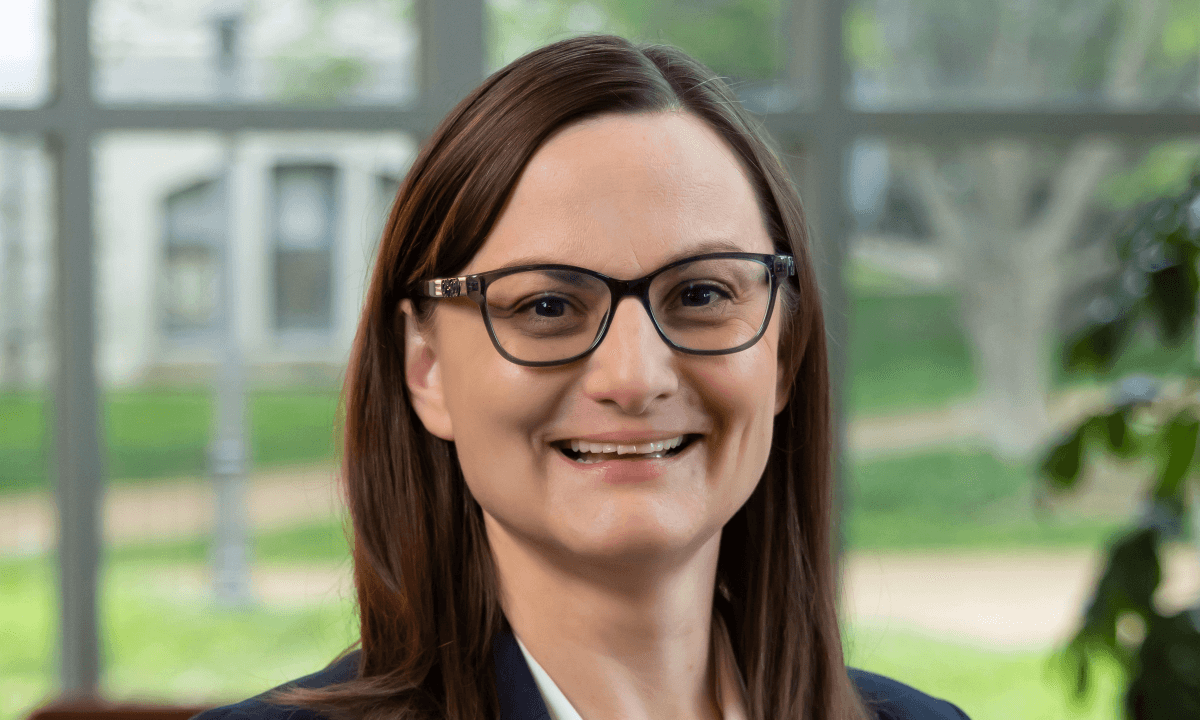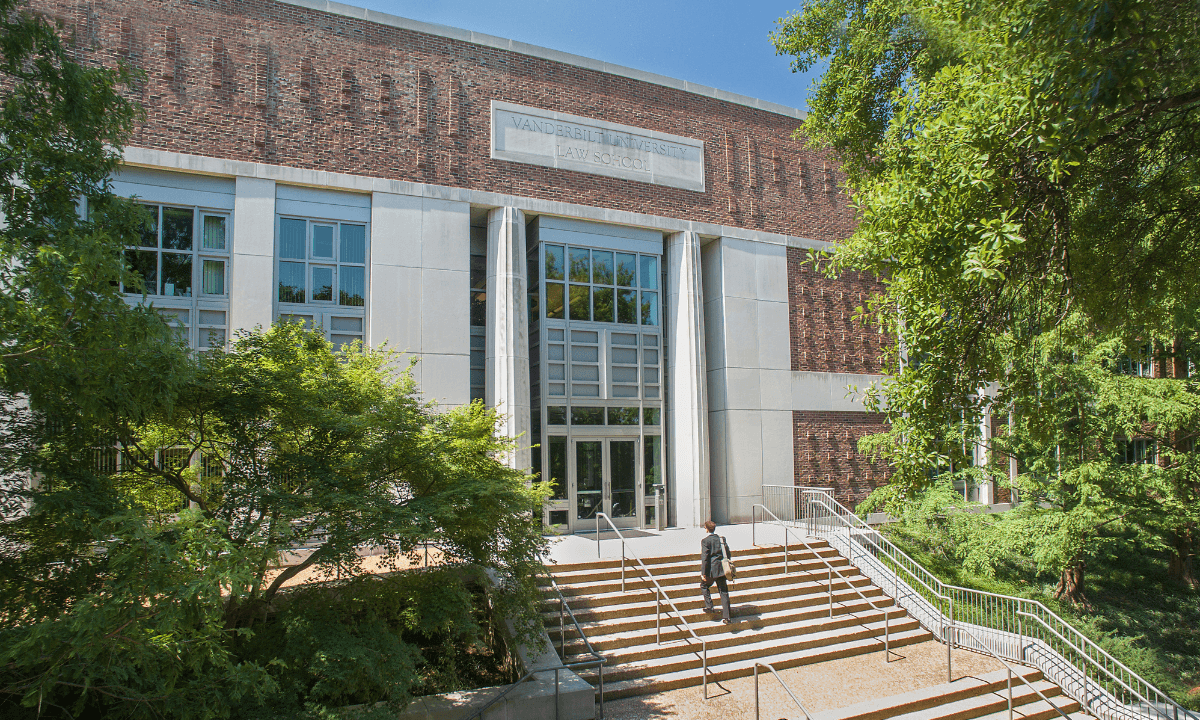 The Medical Legal Partnership, a team of nine law students organized and led by Megan Mitchell ’19 through the Vanderbilt Legal Aid Society, is using a tool developed by the Tennessee Alliance for Legal Services to help patients at the Shade Tree Clinic access free legal services.
The Medical Legal Partnership, a team of nine law students organized and led by Megan Mitchell ’19 through the Vanderbilt Legal Aid Society, is using a tool developed by the Tennessee Alliance for Legal Services to help patients at the Shade Tree Clinic access free legal services.
The Shade Tree Clinic, which is staffed and run by students at Vanderbilt Medical School, provides free health screenings and other health care services to indigent patients on Saturdays throughout the academic year. Members of the Medical Legal Partnership are using the Legal Wellness Checkup, a questionnaire designed to assess legal services needs, to guide their interviews with clinic patients.
In addition to Mitchell, the Medical Legal Partnership team includes Charlotte Gill ’20, Jin Yoshikawa 20, Emily Sachs ’20, Alice Haston ’20, Jordyn McCarley ’19, Hayley Myers ’19, Amber Banks ’20 and Lucas Paez ’20. All team members took the Pro Bono Pledge, through which students commit to 75 hours or more of pro bono legal work and community service during their three years at Vanderbilt Law School.
The team is piloting the Legal Wellness Checkup, a new technology platform created by the Tennessee Alliance for Legal Services to identify unmet needs for legal services among indigent patients whose health problems may be related to issues, such as homelessness or inability to access or afford medical treatment, that require civil legal assistance. Team members provided feedback to Kirsten Jacobson, a staff attorney and Equal Justice Works Fellow at the Tennessee Alliance for Legal Services, who developed the Legal Wellness Checkup and is exploring other technology platforms to identify and help meet needs for legal services.
 “The Shade Tree Clinic treats indigent patients, some of whom are homeless, for example,” Spring Miller, assistant dean for public interest, said. “While homelessness isn’t a medical condition, it has serious health implications. The needs assessment questionnaire enables students to identify individuals who might benefit from free legal assistance and refer them to available services or provide them with the information they need to advocate for themselves.”
“The Shade Tree Clinic treats indigent patients, some of whom are homeless, for example,” Spring Miller, assistant dean for public interest, said. “While homelessness isn’t a medical condition, it has serious health implications. The needs assessment questionnaire enables students to identify individuals who might benefit from free legal assistance and refer them to available services or provide them with the information they need to advocate for themselves.”
Members of the team note that that the hardest lesson they have learned is how few free resources are available to the Shade Tree patients who participate in the needs assessment. “The Legal Needs Assessment shines a light on how our legal system doesn’t work for poor people,” acknowledged Mitchell. “Some of the resources we can refer people to include information that’s on the internet, but a lot of the patients at Shade Tree don’t have internet access.”
All team members say their work at the Shade Tree Clinic has made them aware of the importance of legal services. “We had someone come in who was having horrendous issues with the house he was renting,” said volunteer Emily Sachs. “When we told him that his landlord has a duty to take care of that and explained that he actually had rights as a renter, you could see the light in his eyes–he realized he had some power.”
Team photo (left to right): Kirsten Jacobson of the Tennessee Alliance for Legal Services, Charlotte Gill ’20, Jin Yoshikawa ’20, Emily Sachs ’20, Megan Mitchell ’19, Alice Haston ’20, Jordyn McCarley ’19, Hayley Myers ’19, Amber Banks ’20, Associate Dean for Public Interest Spring Miller and Lucas Paez ’20.

